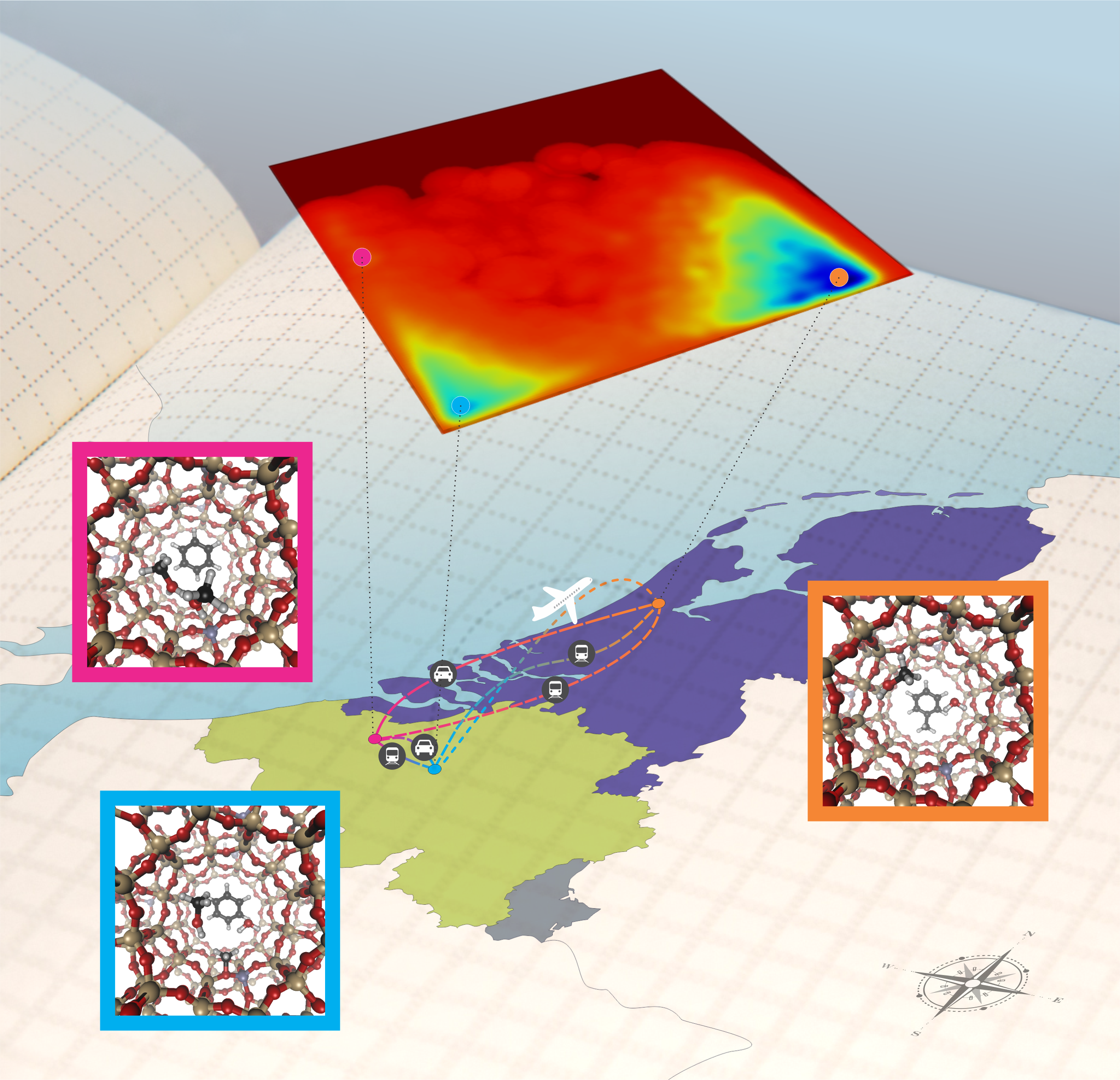Publication in Science demonstrates reproducibility of density-functional theory results

Coordinated by the Center of Molecular Modeling, a large grassroots collaboration involving over 30 universities and institutes was able to prove the equivalence of density-functional theory (DFT) results independent of the used software package. The result is published in Science this Friday (see http://dx.doi.org/10.1126/science.aad3000).
DFT is a quantum mechanical theory that allows to model the behaviour of materials at the atomic scale. Because of its high accuracy at an acceptable computational cost, it is very popular in the scientific community to model molecular and crystalline materials. However, this popularity has given rise to a plethora of independent implementations of the governing DFT equations. Each implementation tackles the problem differently, by making different assumptions to keep the computer calculations feasible. Reproducibility of DFT results is therefore not guaranteed. Together with collaborators from across the globe, CMM researchers investigated the agreement between 40 DFT codes or methods for a test set of crystals. They compared the volume dependence of the energy for each of the elemental crystals. In this way, they show that recent DFT codes or methods are able to obtain equivalent results, while older approaches do not. As a quality criterion, the researchers define a so-called Δ gauge, which allows future work and newly developed methodologies to be compared to the now established benchmark (see http://molmod.ugent.be/DeltaCodesDFT).





